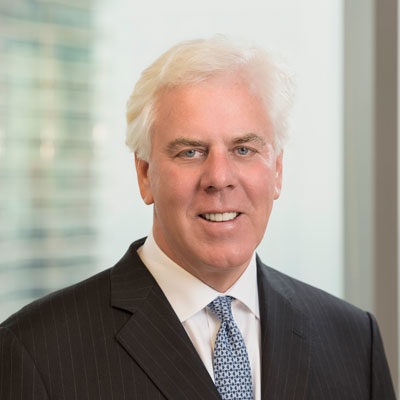
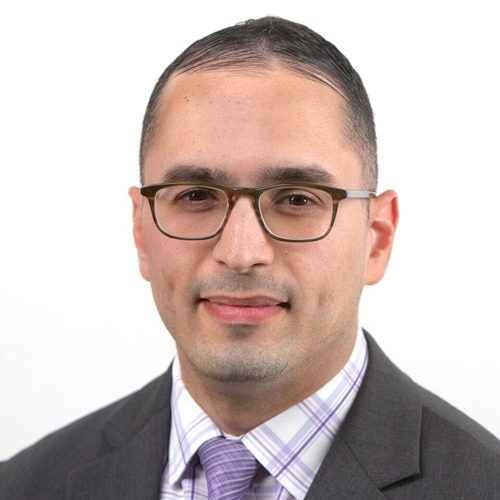
Brien M. O’Brien is the Chairman and Chief Executive Officer of Port Capital LLC. Mr. O’Brien has spent the majority of his 35-year career building and leading investment management firms. Robert S. Kad is a Managing Director of Port Capital LLC, and he is also the Portfolio Manager of the MLP Energy and Infrastructure Strategy. He brings more than 14 years of investment experience to the firm, with a focus on midstream energy infrastructure and MLPs. Earlier, Mr. Kad worked for Morgan Stanley, Alerian Capital Management and Goldman Sachs.
Mr. Kad sums up the investment approach of Port Capital in their exclusive interview with the Wall Street Transcript: “…our systematic approach to stock selection and portfolio construction is built upon a rigorous bottom-up fundamental due-diligence research process and stringent risk management protocols. Stock selection within our MLP strategy is predicated upon multiyear per-unit distributable cash flow and distribution growth maximization — effectively, a three-dimensional array of cash flow stability and growth magnitude and sustainability.”
An example of an MLP that fits their investment thesis is Noble Midstream Partners (NYSE:NBLX). “We view NBLX as an exceptionally well-positioned MLP for sustained growth, supported by committed producer parent NBL (NYSE:NBL); strong asset positioning and growth investment opportunities around both DJ Basin and Delaware Basin — Permian — footprints; high distribution coverage, almost two times; with low leverage, just over one times; and continued operating tailwinds in its water-handling businesses.”
To see the other MLP portfolio picks from the team at Port Capital, read the entire interview at the Wall Street Transcript.
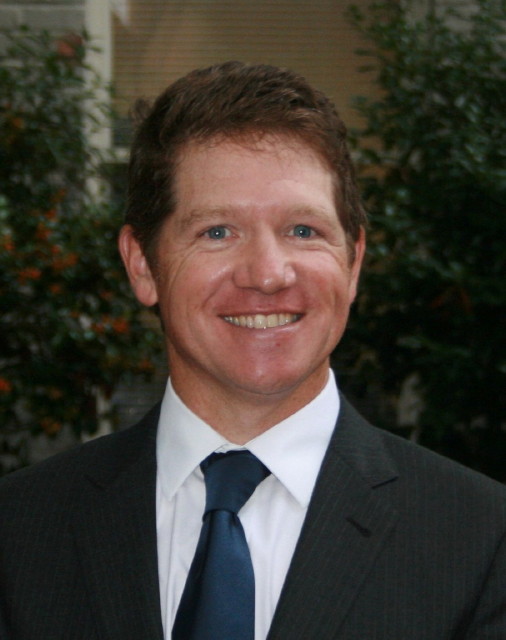
Hal Eddins is a Vice President, Portfolio Manager, Investment Adviser and Broker with the Capital Investment Companies. He has worked at Capital Investment for over 30 years. Along with Kurt Dressler, Mr. Eddins manages a portfolio where his investment thesis advocates contrarian investing. In his exclusive interview with the Wall Street Transcript, Hal Eddins encourages investors to leave the crowded FANG trade:
“When you start looking at Facebook, which wasn’t even a public company 10 years ago. Now it has got a $500 billion market cap and a p/e of 37. I know that Amazon is valued differently with a p/e of 235, and I realize that they are growing rapidly. Google has got a p/e of 33. When you are looking at something with these large market caps, it is very hard for something that big to grow that rapidly.”
On the buy side, Mr. Eddins rejects the current anti-retail stock as over done and pounds the table for an unloved stock:
“One stock in particular we like is Kohl’s (NYSE:KSS). It is fairly unique in its niche. I think Kohl’s is unfairly lumped in with Macy’s (NYSE:M) at times, and we feel Kohl’s is in a better position than Macy’s. We also like the Kohl’s dividend. It’s currently 5.6%.”
Mr. Eddins also has a number of picks in the oil and gas sector: “…there are only two groups that we find that are undervalued at the moment. One of them is oil, and the other is retail.”
To see more of Hal Eddins’ contrarian stock picks including his controversial oil stock selections, read the entire interview at the Wall Street Transcript.
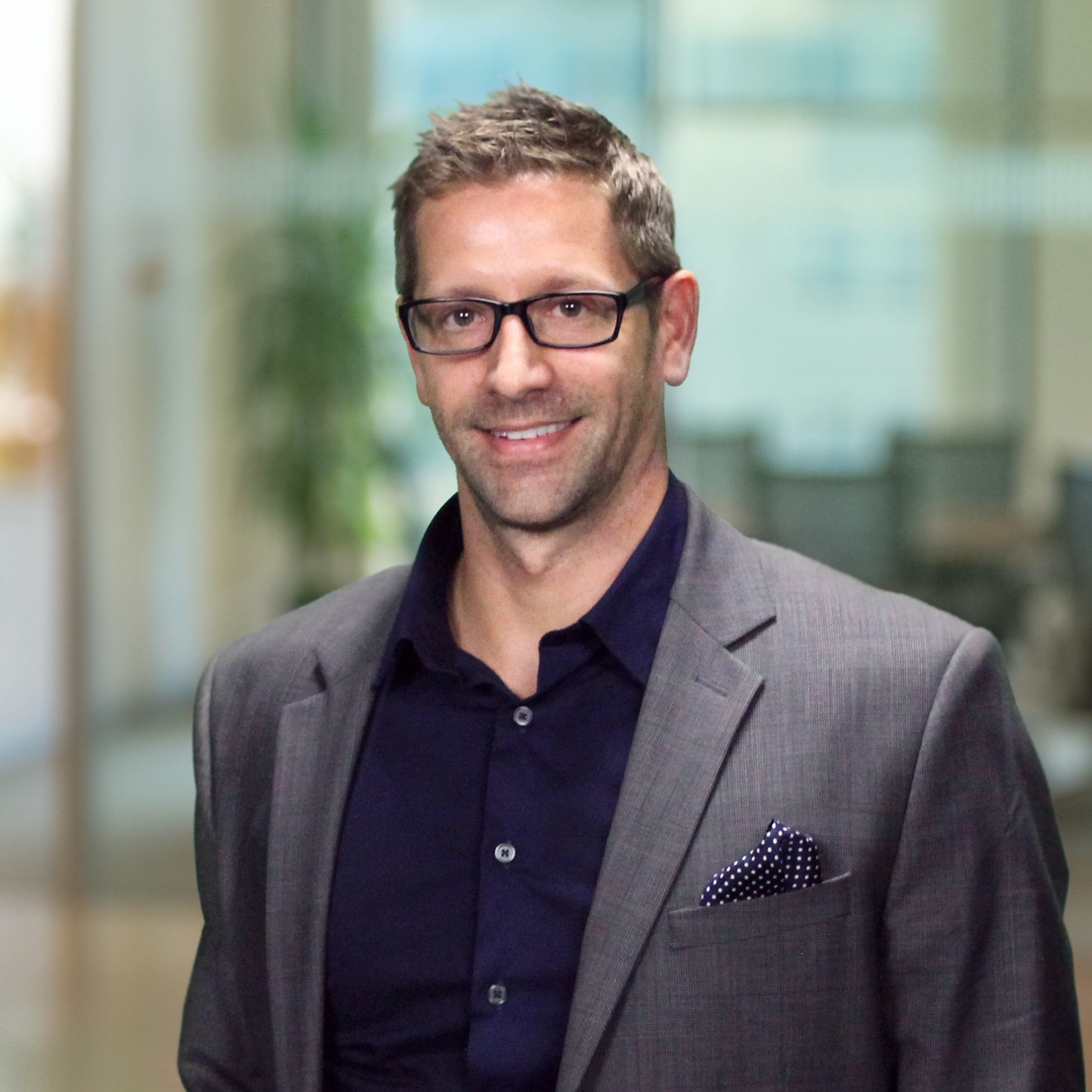
Wade Guenther, CFA, is a Portfolio Manager at Horizons ETFs Management (US) LLC. Mr. Guenther supports and supervises other portfolio managers with futures trades, corporate actions, currency hedging, equity trading, and provides approvals for trade execution.
Mr. Guenther is an advocate of the German stock market and manages the German market ETF for Horizons. “The DAX Germany ETF essentially is indexed to the DAX Index and holds the 30 stocks in the DAX Index, which again are the largest and most liquid stocks in Germany… the DAX ETF has the lowest-cost exposure to German stocks in the U.S. EWG has a 48-basis-points fee, while our DAX ETF was at 20 basis points.”
Mr. Guenther sees the DAX as the way to play Brexit, as “Germany has been the largest and fastest-growing economy in the European Union. We see this as a positive investment opportunity for our ETF. Germany has the potential to benefit significantly if the Brexit actually materializes. We view that the Brexit benefits could result in higher fees and tariffs on imported and exported goods from Germany to Britain, so it could end up increasing or having a benefit to the corporations in Germany through larger tax revenue.”
To read the entire analysis of the German stock market as Brexit unfolds, visit the exclusive interview of Wade Guenther of Horizons at the Wall Street Transcript.

Ryan Kelley is a Portfolio Manager who brings nearly 20 years of financial analysis, trading and portfolio management experience to the Hennessy Funds. Mr. Kelley serves as the Portfolio Manager of the Hennessy Small Cap Financial, Hennessy Large Cap Financial, Hennessy Gas Utility, Hennessy Cornerstone Growth, Hennessy Cornerstone Mid Cap 30, Hennessy Cornerstone Large Growth, Hennessy Cornerstone Value and Hennessy Technology Funds.
In his exclusive interview with the Wall Street Transcript, Mr. Kelley pounds the table for the Altanta based energy generation and distribution company.
“Southern Company (NYSE:SO) is one of the largest diversified utilities in the U.S. and extends throughout the Southern and Mid-Atlantic regions. They recently acquired AGL Resources, which was, at that time, the largest natural gas distribution company in the U.S. The acquisition helped them to diversify and expand into the natural gas distribution business. Southern Company also has a very nice dividend yield of about 4.8%.”
The company is currently assisting in the devastated Houston, Texas region caused by Hurricane Harvey and its afterstorms.
A nearly 5% dividend from a company highly recommended by an experienced money manager who owns the stock himself. Sounds like a good addition for any income generating portfolio.
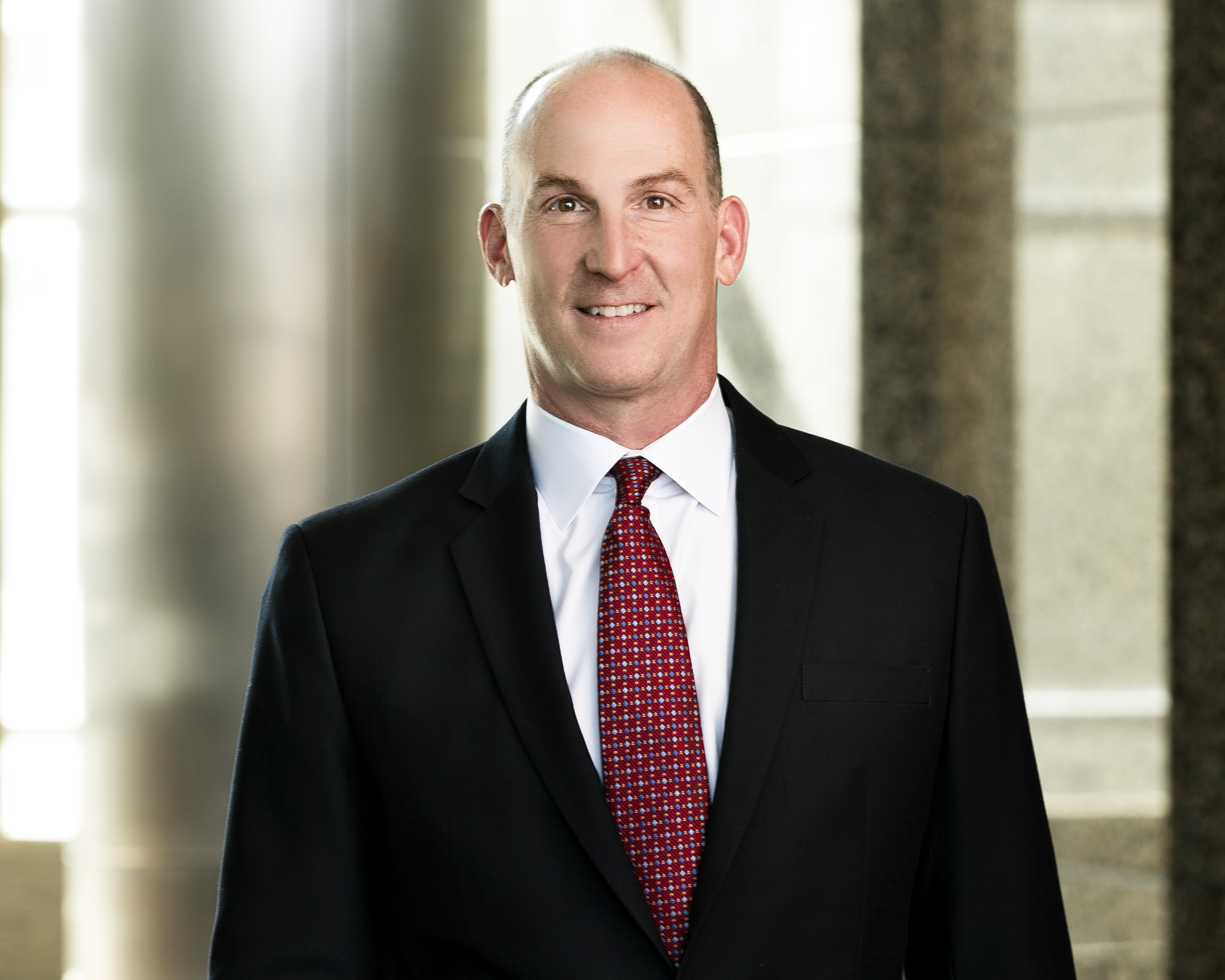
Joseph D. Margolis became the Chief Executive Officer of Extra Space Storage Inc.(NYSE: EXR) in January 2017. In his exclusive interview with the Wall Street Transcript, Mr. Margolis calls upon his 40 years of real estate investment experience to detail his strategy for this company.
Extra Space has been aggressive in game changing acquisitions: “…in 2005 we acquired Storage USA, which had 458 stores and was three or four times our size. It was really the mouse eating the elephant in some respects, but it was another transformative event for the company. In 2015 we had another large transaction; we acquired the seventh-largest storage company called SmartStop Self Storage.”
Another successful strategy is the management of non-owned facilities: “…today we’ve grown that to the largest third-party management business in the country.”
Mr. Margolis also keeps his focus on his market: “Fifty-seven percent of our customers are female, and all of our customers, but particularly our female customers, want to walk into a place that is clean, safe, well-lit and secure. They want to be met by a retail sales clerk, if you will, who’s dressed appropriately, who stands up, shakes their hand, greets them by name and provides them excellent customer service…And we want to be in retail locations. We don’t want to be next to the dump; we want to be next to Wal-Mart [Wal-Mart Stores (NYSE:WMT)]. ”
To see the future growth strategy for Mr. Margolis’ business, read the entire interview at the Wall Street Transcript.
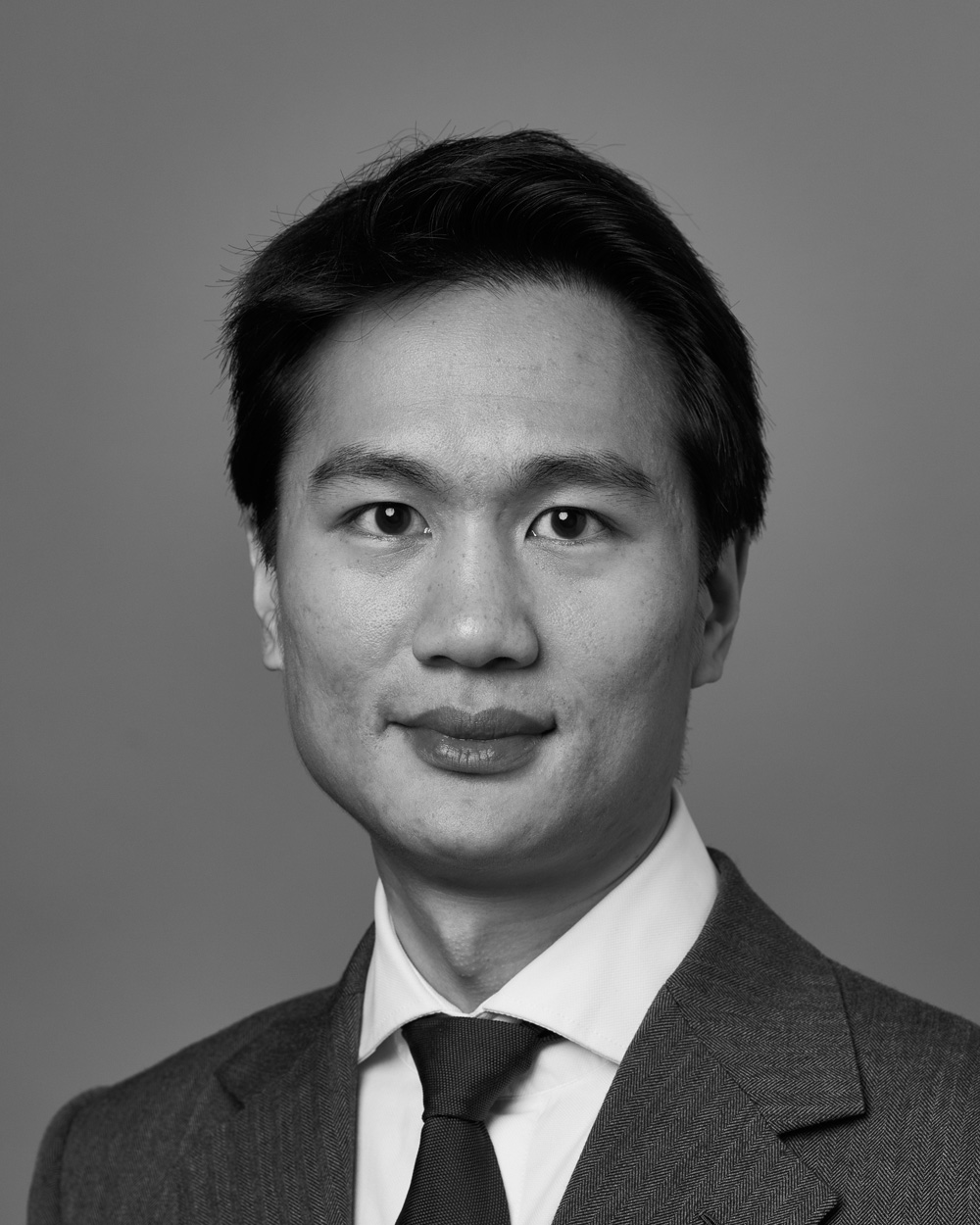
Edward Lam is the Lead Portfolio Manager of the Dividend Growth product at Somerset Capital Management LLP. He joined Somerset when it was founded in 2007 to cover EMEA and has been responsible for managing the research process since 2008.
Mr. Lam’s dividend growth portfolio recognizes that “…the emphasis is much more on the growth than necessarily on dividends or dividend yield. ”
This emphasis plays out with specific stocks chosen from a global playing field and permits deep insight into pockets of high quality dividend growth stocks: “…we’ve gone from a situation where there were 15 or 20 DRAM memory companies all competing on price who were trying to take market share from each other and undercutting each other on price, into a situation where we’ve just got three. We’ve got Micron (NASDAQ:MU), Samsung Electronics (KRX:005930) and Hynix Semiconductor(KRX:000630). And they now essentially no longer have to compete on price.”
To see the many other sectors and specific stocks chosen by Mr. Lam, read his entire interview with the Wall Street Transcript.
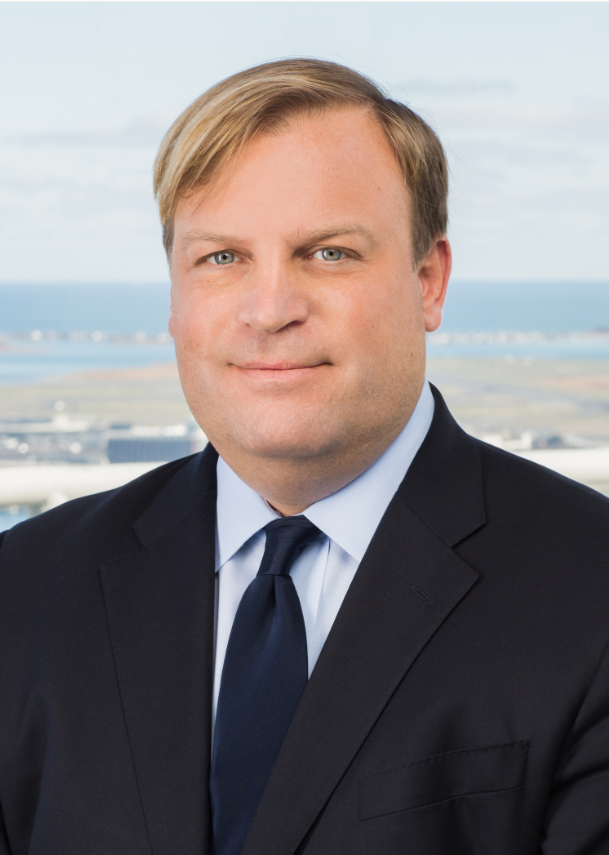
Michael J. Hearle is a Partner and Portfolio Manager at Clough Capital Partners, which he joined in 2012. He is currently a Portfolio Manager of Clough’s flagship hedge funds, and is the Portfolio Manager for the Clough Healthcare Funds. He also heads the firm’s venture investment efforts in the health care sector. In his exclusive interview with the Wall Street Transcript, he details the current investing environment for the health care sector in the United States. His portfolio choices are informed by many years of experience and in depth research:
“We’re not just focused on any one area, so we will have exposure in hospitals, insurers, biotechnology, pharmaceuticals, medical devices and specialty pharmaceuticals. Depending on trends and what’s happening politically, we move our weightings fairly dramatically. For instance, in 2012, when President Obama was re-elected, we saw Medicaid expansion as a natural extension of what the ACA would put in place. We were heavily invested in services areas at that point, particularly hospitals that had outsized emergency room exposure.”
The rapidly changing rules that surround government funding creates the imperative for quick changes in the Clough Funds portfolio bias: “With concerns about drug pricing, we now see a big disconnect in historic valuations relative to the market. These areas are trading well-below previous highs and trading at deep discounts on a historic basis to their typical multiples.”
The portfolio manager sees a clear path to picking the correct investment thesis: “At the center of the Obamacare debate is the massive expansion of Medicaid. Having people buy insurance on exchanges and forcing a perceived tax is one element, but actually, the amount of insurance that is being bought on the exchanges is very small. Where the real federal spending was directed to was Medicaid expansion, moving the poverty level way up the curve.”
One specific stock pick discussed in the interview was the pharmaceutical company: “Cystic fibrosis went from being a horrible and, in many cases, a terminal illness, but due to the work at places like Vertex Pharmaceuticals (NASDAQ:VRTX), specifically their drug Orkambi, it’s now looking like this will be a chronic but treatable disease.”
To see all the stock picks with detailed reasoning behind their purchase by an experienced money manager, read the entire interview at the Wall Street Transcript.
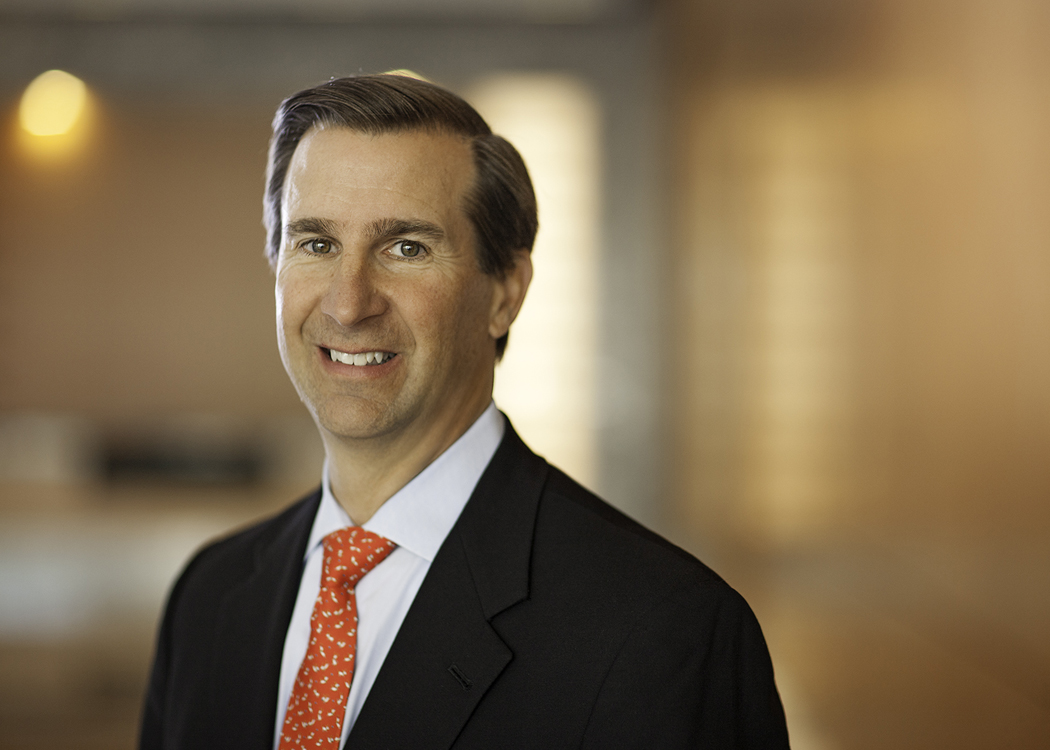
Ed Fritsch serves as President, Chief Executive Officer and Director of Highwoods Properties, Inc., a $7 billion-plus, publicly traded real estate investment trust. He joined the company in 1982 a year after graduating from the University of North Carolina at Chapel Hill with a Bachelor of Science in Business Administration. Mr. Fritsch held many titles before becoming CEO in 2004, including positions such as Head of Asset Management, Director of Development, Division President and Chief Operating Officer.
The real estate portfolio is concentrated in the Southeastern US: “We are enamored with the Southeast for a number of reasons. Its population growth should certainly continue to outpace the national average. The demographics with regard to job growth and employment growth for the office sector continues to be good. Cost of living is systemically below the national average, quality of life is proven to be high, the educational institutions littered throughout the Southeast are a very positive characteristic, and all but one of our states is a right-to-work state, which we think is an attractive aspect for businesses that want to grow and/or relocate. So we put that mosaic of attributes together and it makes for a pretty good place to do what we do.”
The REIT increased its regional emphasis by exiting from a long held portfolio position in Kansas City, Missouri. “In September of 2015, we announced three office towers that we were buying, two in Buckhead, Atlanta, and one in downtown Tampa, and that subsequently we would sell Country Club Plaza and use some of those proceeds in a reverse 1031 to cover our investment in the three towers. And so that’s why it looks like an unusual amount of dispositions in 2016, as we sold Country Club Plaza for $660 million.”
Read the entire investment thesis and management philosophy of Mr. Fritsch in his exclusive interview with the Wall Street Transcript.
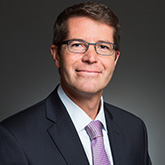
Peter Schwab is the Senior Vice President and Portfolio Manager of the Pax High Yield Bond Strategies at Pax World Management. Prior to joining Pax, Mr. Schwab was a Managing Director on the High Yield Bond and Loan Team at Goldman Sachs Asset Management.
Mr. Schwab identifies, analyzes and invests in high yield securities that meet the firm’s criteria for suitability from an ESG standpoint. “High yield bonds, in general, tend to act somewhat like hybrid securities between bonds and equities, and are highly correlated with equities, but with less risk in general than the stock market. Within the fixed income asset class and relative to other high yield bond funds, the primary differentiator for this fund is that we have full integration of ESG — environmental, social and governance — factors into portfolio security selection.”
In an ESG portfolio, what is often of interest is what the portfolio manager leaves on the table: “Chesapeake Energy (NYSE:CHK) is a good example, which is a very large issuer in the high yield market more broadly. We were interested in the company from a financial standpoint as the sector started to recover, but its track record was not only filled with environmental challenges, but also actually had some pretty severe governance problems.”
A stock that did make the cut as a portfolio pick is HCA (NYSE:HCA): “… one of our largest, most liquid and longest-held high yield issuers. It is a large hospital company that is strong and BB rated, which is about as highly rated as we get…”
To see the investment rationale for the rest of Mr. Schwab’s high yield ESG portfolio picks, read the entire interview at the Wall Street Transcript.

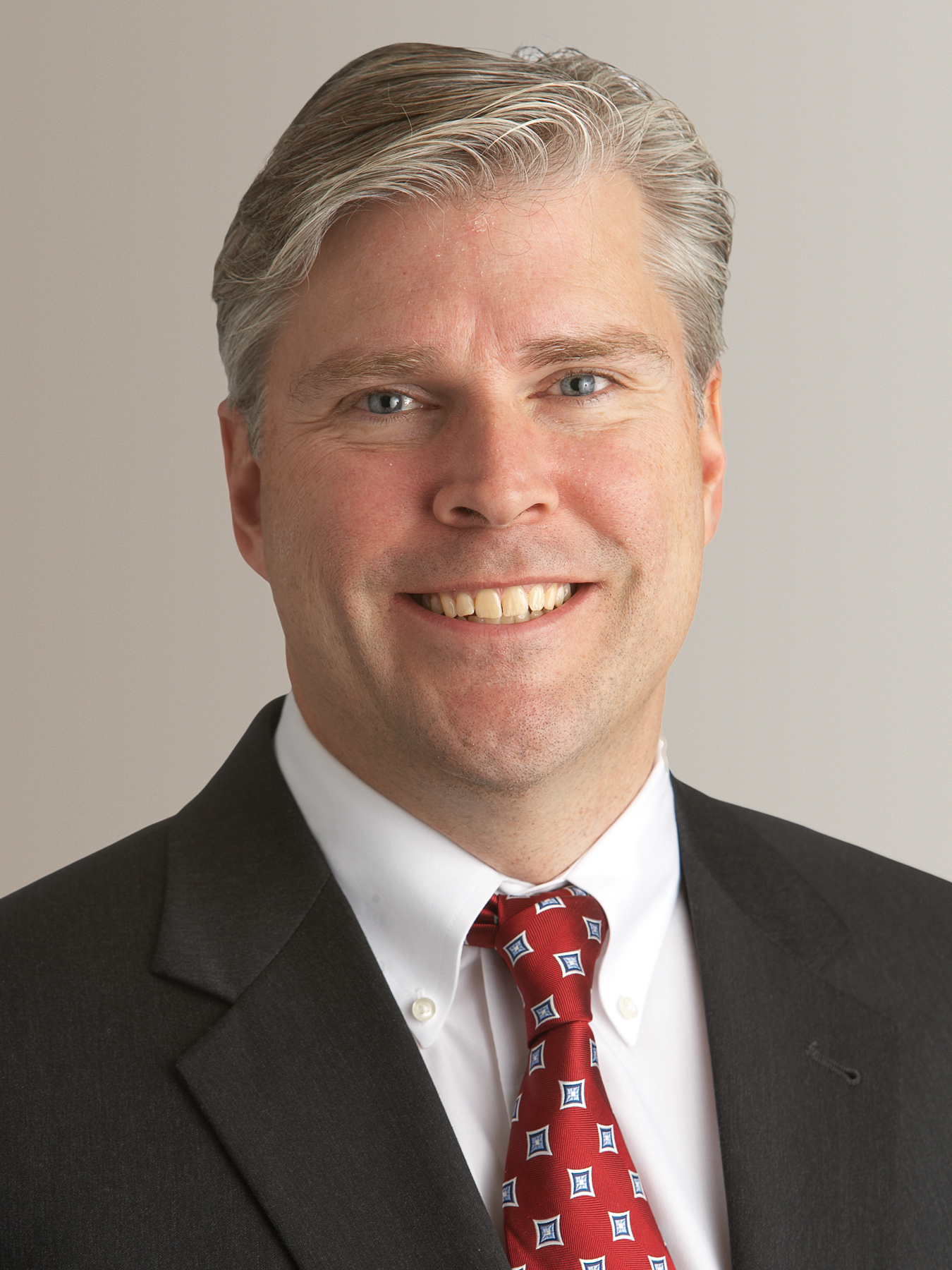
Kimball Brooker Jr. is the Deputy Head of the Global Value Team and a Portfolio Manager for the Global, Overseas and U.S. Value Funds at First Eagle Investment Management. Sean Slein is the Co-Head of the High Yield Team and Portfolio Manager of the First Eagle High Yield and Global Income Builder Funds at First Eagle. Together they revealed their top picks and investing methodology in this exclusive interview with the Wall Street Transcript.
The two asset managers discuss in detail their methodology for creating their portfolio for the Global Income Builder (MUTF:FEBAX). “To say that necessity is the mother of invention is getting a little bit too dramatic, but in the post-global-financial-crisis world, with the repression of yields in just about every asset class, the traditional means through which people invested for income has been upended…investors…wanted another vehicle that they could use to generate income, but with a value-based philosophical approach.”
The picks were not easy to find: “…there are very few places to hide. If you look at the median multiple stocks, for example, in the S&P 500, trades at something like 25 times next year’s earnings, which is 45% higher than the 50-year average. Then you have the 10-year Treasury bond in nominal terms, which are arguably at or below long-term rates of inflation.”
The First Eagle team was dedicated to finding good investments for their customers. “The mandate is to strive to generate meaningful and sustainable income while also growing the capital base in real terms. By meaningful and sustainable income, we mean income that’s durable and also dependable.”
One example is an Australian farm supplier: “Nufarm (ASX:NUF)…has 6.375% coupon bonds that are due October of 2019. Nufarm is a global manufacturer and supplier of crop protection products, primarily in Australia, New Zealand, Europe and the Americas. They produce herbicides and pesticides…We like Nufarm because it’s a relatively defensive name…Net leverage is low at less than 2.25 times cash flow, and they generate a fair amount of free cash…Management has been focused on managing costs, which is good.”
To get detailed insights to the rest of the many First Eagle high yield value picks, read the entire interview at the Wall Street Transcript.